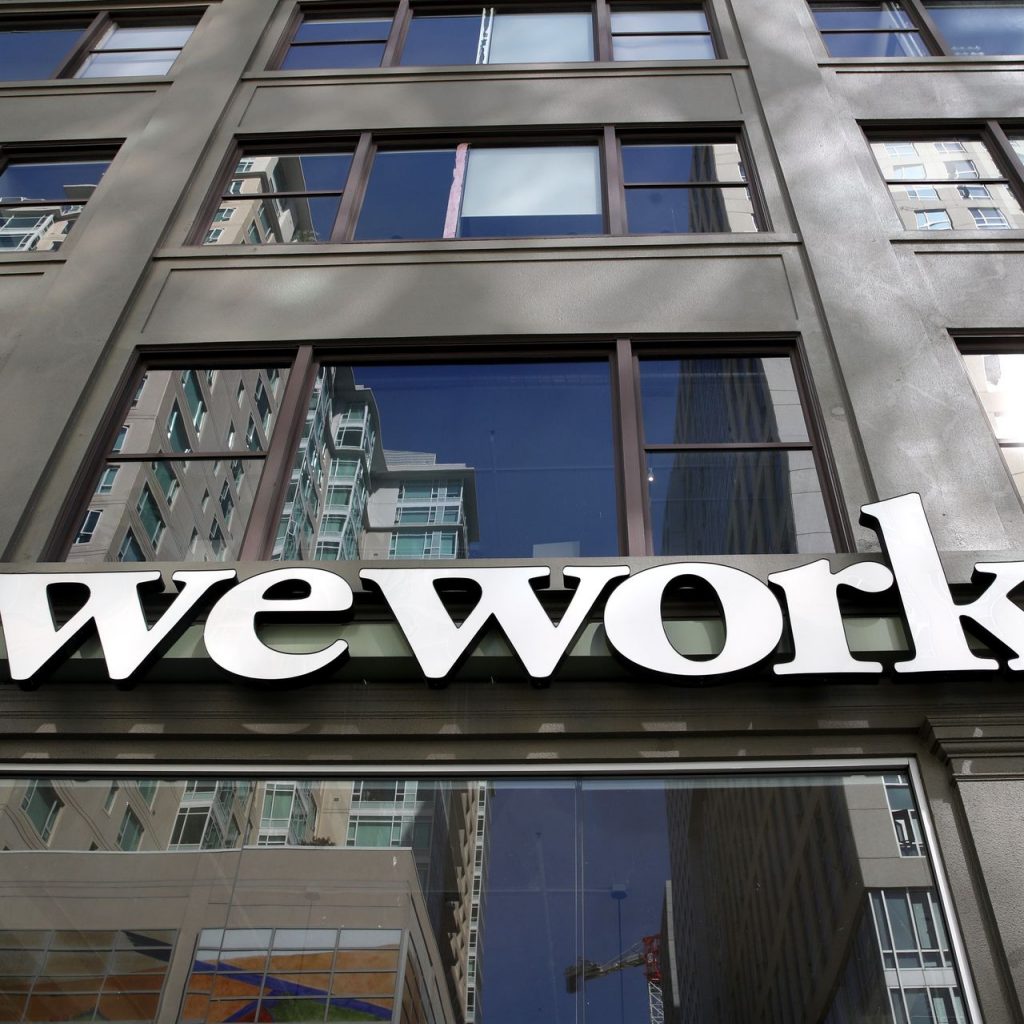CEO Alex Philips submitted the following to SeekingAlpha:
Summary:
- The most lucrative answer to that query requires a contrarian mindset, a willingness to look beyond popular and trendy investments in favor of assets that have been struggling.
- Economic opportunities in Canada are in their prime due to an economic expansion and the U.S. market hitting a peak.
- Looking into Canada to help enhance the value of your portfolio.
The most lucrative answer to that query requires a contrarian mindset, a willingness to look beyond popular and trendy investments in favor of assets that have been struggling. It can feel counterintuitive to sink your savings into a product or region that’s underperforming, but those offer the greatest room for improvement, and such an opportunity is presenting itself up north, in Canada.
A Coming Correction
Investors need an alternative option to the U.S. economy. The U.S. recovery has been underway for roughly eight years, beyond historical averages, and a contraction in the U.S. economy is becoming inevitable. In addition to rising rates, costs such as wages are rising while the unemployment rate has hit a nine-year low. Dating back to President John F. Kennedy’s time, every time this has happened we experienced a recession. Currently, materials such as steel and iron have been trending up, along with CRE CMBS loan defaults (also expected to rise this quarter and well into 2017). In general, affordability is not only being hurt by rising rates, but the largest publicized catalyst to discretionary spending was falling oil prices. It’s safer to invest at the beginning or even during a trough of an economic cycle than it is to invest at the peak or toward the end of one – and that’s what we’re beginning to see here in the U.S.
A Familiar Contraction
The Canadian economy is having a rough year. The 15 percent foreign transfer tax has already had a huge impact on stalling sales, and per UBS, Vancouver is the world’s No. 1 market at risk of a housing crash.
Meanwhile, Alberta (Calgary, Edmonton) has been in a recession since 2014 due to a number of very familiar factors: a surging industry (NYSEARCA:OIL) spurred massive expansion in the housing sector, followed by a subsequent crash that left a large percentage of workers unemployed and new housing developments vacant or incomplete. There is still new construction in the pipeline without demand to fill it.
This sequence is easy for Americans to recognize because we watched a similar scenario unfold in our own backyards. For example, during the Great Recession, Orange County, Calif., was primarily dependent on an industry that went defunct (subprime lending) during a period of tremendous housing development with ample new construction underway. Unemployment and vacancies surged, the USD crashed, interest rates followed, and there was approximately a two-year window of opportunity to buy commercial real estate at rock-bottom rates. Those of us who seized the opportunity experienced an average earning of 3 to 4 times their investment.
Even More Potential
The signs of the Great American Recession are eerily similar to the current conditions in Canada, with one important differentiator – energy. The subprime lending industry was chastised and litigated to oblivion, and seems unlikely to rebound. Energy, however, will bounce back. Whether you’re in the market for alternative energy, solar, oil or gas, fuel consumption is here to stay for the duration of our lifetimes – and our children’s. When prices stabilize and begin to climb, Alberta will rise again. Real estate as an investment is less liquid and has a longer investment horizon, but if you’re looking for returns above the S&P 500 and are willing to buck the trend, taking advantage of the favorable exchange rate and current recession in Canada could help your portfolio rise, too.
Disclosure: I/we have no positions in any stocks mentioned, and no plans to initiate any positions within the next 72 hours.
I wrote this article myself, and it expresses my own opinions. I am not receiving compensation for it. I have no business relationship with any company whose stock is mentioned in this article.
Additional disclosure: The information contained herein is not investment advice and does not constitute a recommendation to buy or sell any security or that any transaction is suitable for any specific purpose or any specific person and is provided for information purposes only. Each investor should always carefully consider investments in any security and be comfortable with his/her understanding of the investment, including through consultation with investment and tax professionals.

TwinRock Partners CEO Alex Philips is a frequent contributor to SeekingAlpha. You can view more of his articles here.




